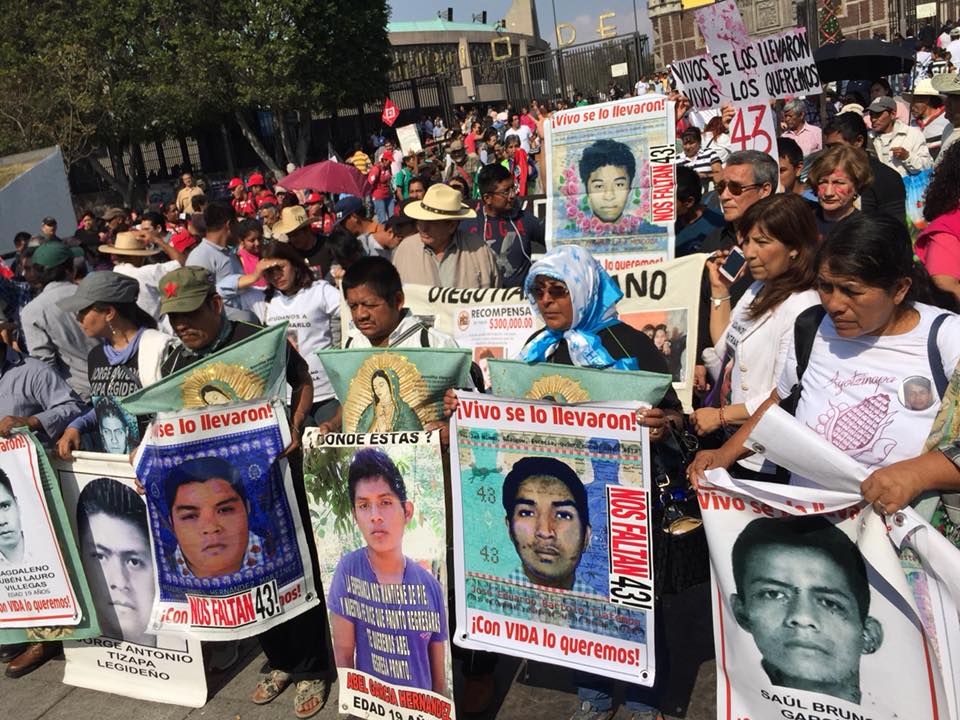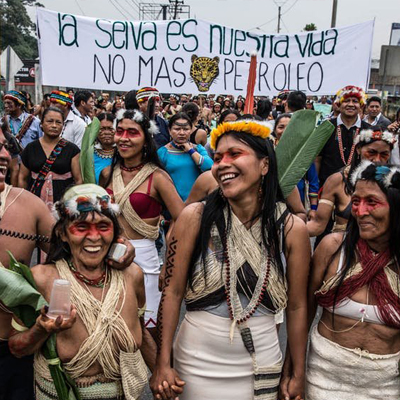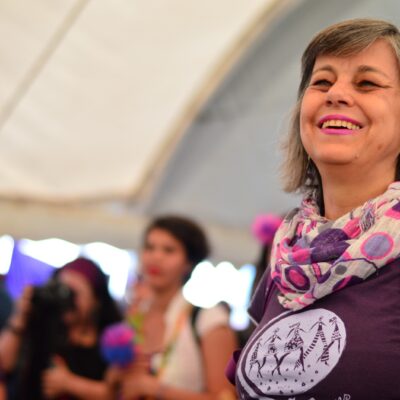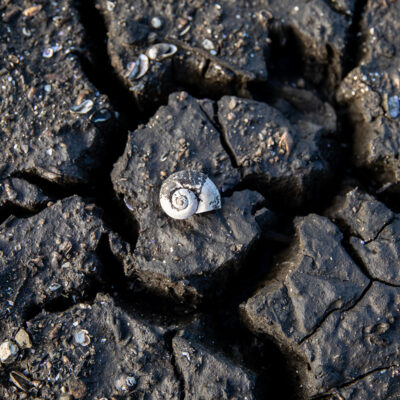Ayotzinapa, Mexico: Forensic scientists identify the remains of Christian Alfonso Rodríguez, one of 43 students who disappeared in 2014
Statement by the Argentine Forensic Anthropology Team
 Padres y Madres de Ayotzinapa, 22 de septiembre de 2018. Foto: Facebook
Padres y Madres de Ayotzinapa, 22 de septiembre de 2018. Foto: Facebook
On 7 July, 2020, the Mexican Attorney General’s Office announced the discovery of a bone fragment belonging to Christian Alfonso Rodríguez Telumbre, one of the 43 students from the Ayotzinapa Rural Teaching College who disappeared on 26 September, 2014. Christian was 19 years old and was a first-year student at the Teaching College.
The bone fragment, which came from his right foot, was found in Barranca de La Carnicería, at Cocula, Guerrero district, between 25-26 November, 2019. In a statement issued after the official announcement, the Argentine Forensic Anthropology Team (EAAF) explained: “The fragment was recovered together with other human bone fragments as part of a search led by the Special Unit for the Ayotzinapa Case of the Attorney General’s Office, led by teacher Omar Gómez Trejo. Over 100 bone fragments were found scattered in a 200-meter area.”
The results came from the University of Innsbruck, showing a “genetic match” with tests carried out by the EAAF between one of the processed bone fragments and relatives of the student.
According to Mercedes Doretti, founding member and head of the Central and North America Area of the EAAF: “As the EAAF, we support the results sent by the University of Innsbruck. These results are extremely painful for the relatives of young Christian Alfonso Rodríguez Telumbre and other students. We hope that these new findings lead to a genuine legal process. The EAAF will continue working on the investigation together with the families of the 43 students, their legal representatives and the Special Unit for the Ayotzinapa Case at the Attorney General’s Office.”
Since October 2014, the EAAF has acted as an independent expert at the request of the relatives of the 43 missing students and accompanying organisations. They collaborate with the PRODH Centre and the Tlachinollan Centre, which act as legal representatives for the relatives.
The statement issued by the forensic anthropologist team adds:
“Since 2014, the EAAF has participated in many of the searches for the missing students. This time, the EAAF was going to be part of the recovery process organised by the Special Unit for the Ayotzinapa Case. However, its professionals from the search area were not able to participate as they were on sick leave due to health issues that arose during another recovery process for this same case in October 2019. Representatives of PRODH Centre and the Tlachinollan Centre were present at said recovery.
After this process, the EAAF participated together with experts from the General Coordination of Forensic Services at the Attorney General’s Office, in the analysis of all the evidence recovered. We analysed over 100 bone fragments, which were severely fragmented and altered due to being exposed to high temperatures, belonging to at least two people (the minimum number of individuals).
The EAAF also participated in the selection of samples to be genetically processed. Heat exposure and bone fragmentation makes it difficult, and almost impossible, to retrieve genetic material. For this reason, only three bone samples were selected to be sent to the genetics lab at the University of Innsbruck in Austria.
An EAAF worker, together with Attorney Gómez Trejo, participated in the transfer of the samples to Austria and on 2 March, 2020, they handed the samples to the genetics lab in Innsbruck”.
***
“We have broken the pact of impunity and silence in which the Ayotzinapa case was immersed, and which denied the right to truth and justice. Today we say: This is not acceptable. This marks the beginning of a new stage, rupturing the narrative of untruth which was blocking any possibility of searching for and finding the students,” said Omar Gómez Trejo, from the Special Unit of Investigation and Litigation for the Ayotzinapa Case, in a tweet from the official Mexican Attorney General’s Office account. Gómez Trejo refers to the official version of what happened in Ayotzinapa, given by Enrique Peña Nieto’s administration, which claimed that the remains of the students had been incinerated in a landfill site in Colula and that would therefore be impossible to retrieve.






